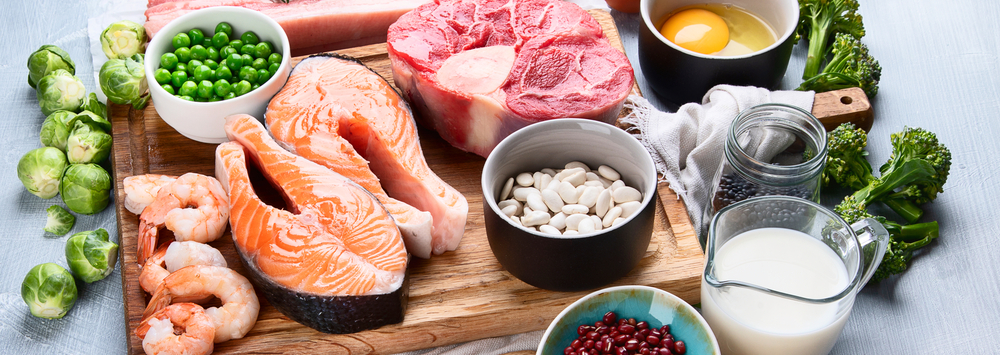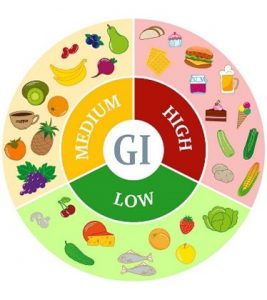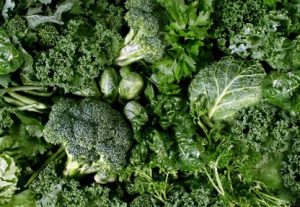Nutrition for tissue health:
The most obvious reason for choosing wisely which and how many foods to consume is weight management. Most people may not be aware just how important weight management is not only for your appearance and general health but also for the health of your tissues such as muscles, tendons, bones, and ligaments.
Fat cells are active cells constantly producing inflammation which in the long run can lead to poor tissue health in tendons, ligaments, articular cartilage, and muscle tissue. This can lead to delayed recovery from injury, increase the probability of injury and a higher rate of re-injury.
Here are 5 simple, yet practical tips to improve your day-to-day food choices.
- A simple short cut to read food labels.
These days there is an overwhelming amount of information regarding what to eat and what not to. Sometimes it can be so complicated that we get a bit lost. Here is a simple tip which is helpful to make a quick evaluation when shopping between foods that can be consumed more regularly and those that should be consumed only occasionally. Always look at the per 100g and not serving size nutritional information. When considering a product look at the sugar content per 100g and the fat content per 100g. If these are around or below 10g or in other words less than 10% these foods are less calories dense and can generally be consumed a bit more regularly. Of course, there are other considerations such as preservatives, artificial colors and flavours, processing and more but this is a good starting point.

- Why is protein important?
Whether you choose plant based or animal-based protein, the importance of having adequate amounts of protein in your diet is undeniable.
Protein aids in weight loss and management due to something called the thermogenic effect. In short this refers to the amount calories retained, and the amount utilized in the digestive process. Simply put although 100g of carbohydrate and 100g of protein contains the same calories the protein will retain less of the calories that can be stored as fat as the digestion process will increase your metabolism more than in the case of the carbohydrate.
In addition, protein is good for building and repairing various tissues in the body and has been shown to improve the health of muscle, nails and even hair.

- What about Glycemic Index (GI)
The glycemic index of a food indicates the relative rise in blood glucose when such food is consumed. It is rating between O and 100 with pure glucose having a rating of 100. The higher the GI rating of a food the more blood sugar levels will rise which in turn will prompt insulin production to help lower the blood glucose.
Foods with higher GI provide less sustained energy and will usually cause you to feel hungry sooner after eating them than lower GI foods. A rapid increase/decrease in blood glucose and/or insulin levels is more likely to cause weight gain. Insulin can cause weight gain when cells absorb too much of the glucose in the blood. The excess retained glucose will then be converted into bodyfat.

- Choose Greens
Green vegetables such as kale, spinach, broccoli, asparagus, and green beans are important to add to your dietary intake. They are high in minerals, vitamins, and fiber without having high calories or carbs. They can aid in digestion, reduce the risk of obesity and improve your immunity and boost brain function. Greens can be used to increase portion sizes of meals without increasing calorie intake due to their low caloric cost. For example, 200g of kale has 56 calories whereas 200g of cooked pasta has 262 calories.



